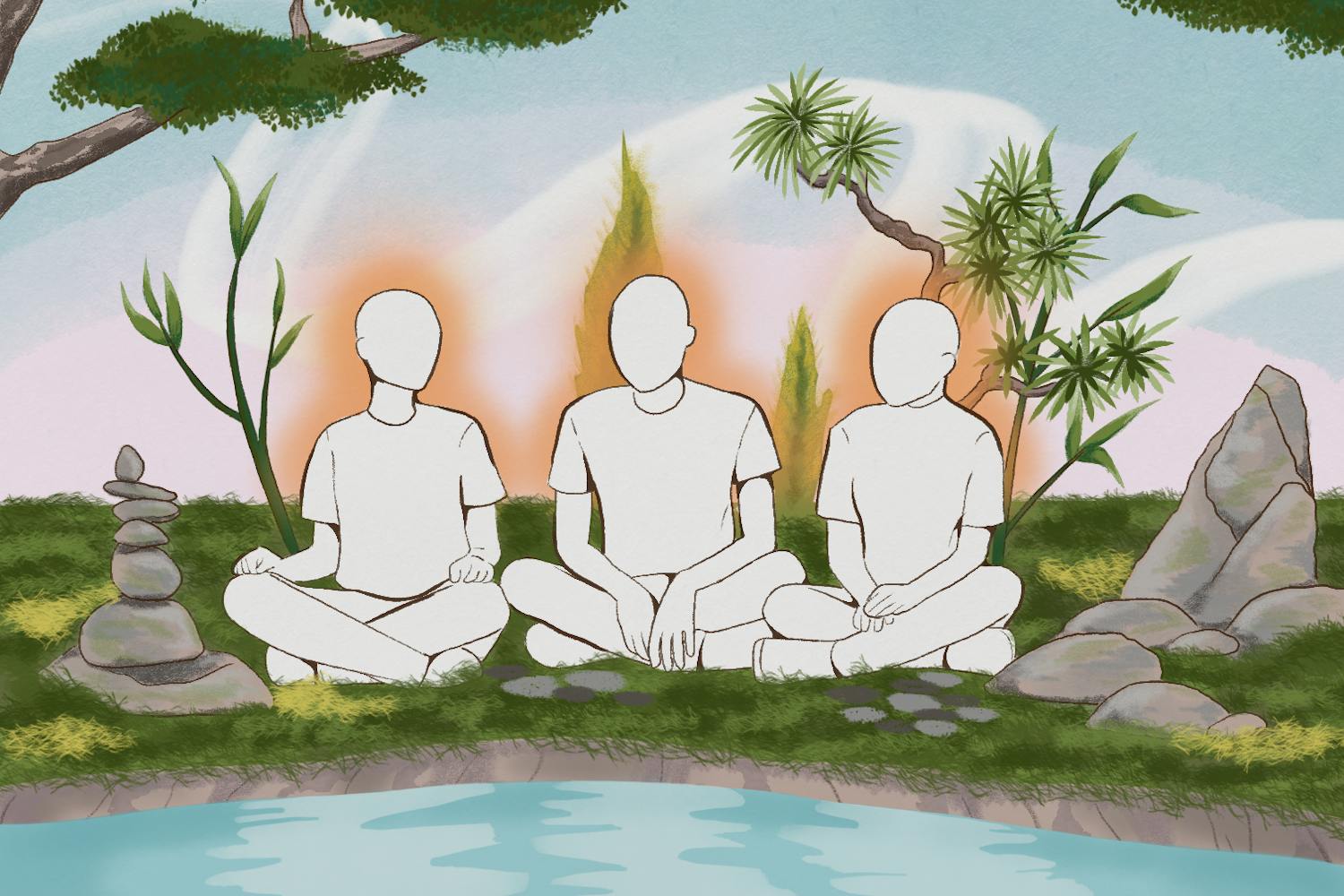Intro | Shared Dreams | Desired Dream: Pt 1 | Desired Dream: Pt 2 | Media | Divorce Pollution | Fame | Traffic | Education | English | Social Media | Fashion | Photos | About
 China's one-child policy has provided opportunities for entire families to financially support the only children, but has also been called unfair. (Photo by Alexis Hermosillo)
China's one-child policy has provided opportunities for entire families to financially support the only children, but has also been called unfair. (Photo by Alexis Hermosillo)Have you ever asked yourself if the inhabitants of one of the world’s most powerful countries at this moment have a dream? Have you ever wondered what “The Chinese Dream” is?
For many people in the U.S., the American Dream is to become rich and have a nice house. For others, especially immigrants, the American Dream consists of working really hard to give their children better lives than they could have in their own countries, and giving their children the chance to receive an education in the land of opportunity — the United States. However, if you want to interpret the Chinese Dream, it at times only comes to one end — becoming wealthy.
In order to achieve the Chinese Dream, the People’s Republic of China created the one-child policy to stop the population from growing even more quickly. The Chinese government officially restricts married urban couples to having only one child, while allowing exemptions for several cases, including rural couples, ethnic minorities and parents without any siblings themselves. A spokesman from the one-child policy committee said that approximately 35.9 percent of China’s population is currently subject to the one-child restriction.
The policy was introduced in 1978 and initially applied to first-born children in the year of 1979. It was created by the Chinese government to alleviate social, economic and environmental problems in China, and authorities claim that the policy has prevented between 250 and 300 million births from its implementation until 2000, and 400 million births from 1979 to 2011.
Zhou Ziyuan, a student at Shanghai International Studies University (SISU), believes the one-child policy has worked well so far. “If I share with other siblings, it is less resources for me, and my parents are not going to spend all their money on me,” he said.
However, Christy Wang, another student at SISU, said it’s cruel for one family to only have one child.
“It costs about 50,000 RMB to raise a child, and it’s not easy to raise another child, but at the same time it is hard for me to not have the ability to have a sister or a brother that I can share my life with,” Wang said. “I kind of envy those parents who have the opportunity to have two or three kids.”
Nevertheless, the one-child policy is challenged in principle and in practice for violating a human right to determine the size of one’s own family. A 2001 report exposed that a quota of 20,000 abortions and sterilizations was set for Huaiji County in Guangdong Province, under the administration of Zhaoqing City, in one year due to reported disregard of the one-child policy.
The one-child policy may cause possible social problems. Some parents may over-indulge their only child. The media has referred to these “spoiled” children as “little emperors.” Since the 1990s, some people have worried that this will result in a higher tendency toward poor social communication.
Based on the Chinese People’s Political Consultative Conference in March 2007, 30 delegates wanted to abolish the one-child policy. One statement read that “it’s not healthy for children to play only with their parents and be spoiled by them: it’s not right to limit the number to two children per family, either.”
Some people believe that the one-child limit is too extreme, and that it violates nature’s law. However, others believe that one-child policy is helping the future of China economically because it helps to improve their living standards and saves a lot of resources, and it might be in China’s benefit after all.





